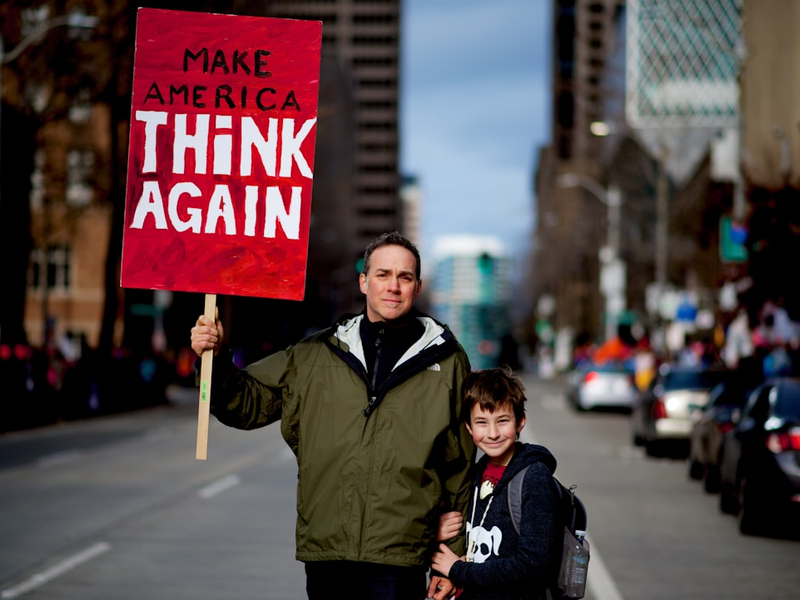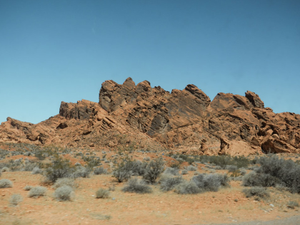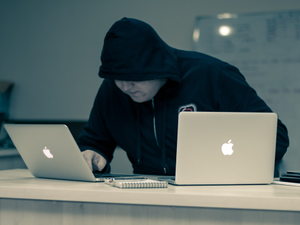Stanford Protesters Face Legal Heat in Pro-Palestine Demonstration Fallout

Tensions escalated outside the Palo Alto Courthouse on Thursday as student activists from Stanford University confronted legal consequences for their pro-Palestinian demonstrations. German Rafael Gonzalez, a key member of “the Stanford 12,” addressed supporters amid mounting pressure from local law enforcement.
The courthouse scene underscored the ongoing conflicts surrounding campus protests related to the Israel-Gaza conflict, with sheriff’s deputies prepared to potentially arrest demonstrators. Gonzalez and his fellow activists represent a broader movement of student protesters challenging institutional responses to international political tensions.
The arraignment highlights the complex intersections of student activism, free speech, and institutional power. Protesters have been charged with felony vandalism, a serious legal designation that could significantly impact their academic and professional futures.
Civil rights lawyers and student advocacy groups are closely monitoring the legal proceedings, viewing them as a potential landmark case for campus protest rights. The situation reflects the broader national conversation about student activism, political expression, and the boundaries of institutional tolerance.
These student activists argue that their demonstrations are a critical form of political speech, drawing attention to humanitarian concerns in the ongoing Israel-Gaza conflict. Their actions represent a generation increasingly willing to publicly challenge established political narratives and demand accountability.
The courthouse environment remained tense, with supporters gathering to show solidarity and challenge what they perceive as potentially excessive legal responses to peaceful protest. Legal experts suggest the case could set important precedents for future student activism and freedom of expression on university campuses.
As the legal proceedings continue, the “Stanford 12” have become symbolic figures in a larger dialogue about student political engagement, institutional power, and the right to public protest.
AUTHOR: mei
SOURCE: The Mercury News
























































